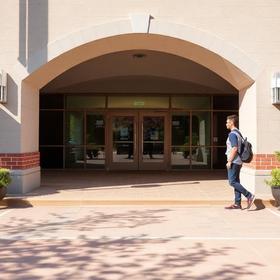Does your school avoid politics? You might want to make sure it does if you are set up as a non-profit corporation. If your school is exempt from taxes under the provisions of Section 501 (c3) of the Tax Code, it must refrain from conducting political activities designed to influence political elections. Consult your attorney if you are not sure what your school's IRS status is. To access Section 501(c)(3) of the tax code, you can visit the IRS page on exemption requirements for 501(c)(3) organizations. Here is the URL: https://www.irs.gov/charities-non-profits/charitable-organizations/exemption-requirements-501c3-organizations
Intramural elections are exempt.
Putting up posters and holding rallies for student council president is not generally considered a violation of the 'no politicking' provisions of the law. Internal or within the bounds of the school community activities are acceptable. Read Rules for Exempt Organizations During an Election Year for further guidance.
This video offers an explanation of not-for-profit organizations and the 501 (c)(3) status with the IRS.
Politicking for local, state, and federal issues and candidates is forbidden.
In the current political climate, where emotions often run high and young people are increasingly drawn into the electoral process, it is crucial for schools to understand the boundaries set by their 501(c)(3) status. Politicking for local, state, and federal issues and candidates is strictly forbidden. This prohibition is not just a guideline but a legal requirement under the Johnson Amendment, which















